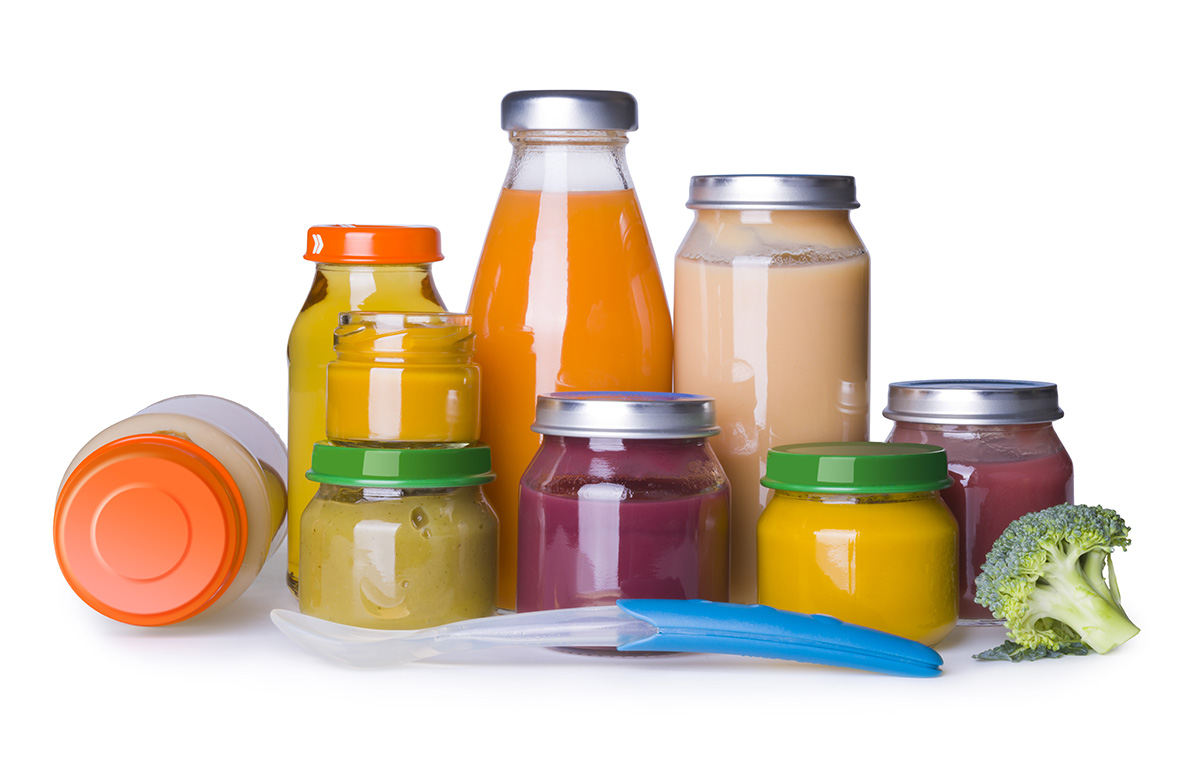Questions are being posed about the manufacturing processes involved in baby food after a consumer watchdog group found detectable levels of lead in 20 percent of the food samples it analyzed.
The Environmental Defense Fund (EDF) studied data from the Food and Drug Administration’s 2003-13 Total Diet Study data, which tracks nutrients, pesticides and metals.
Here’s what it found:
- Lead was present in 20 percent of the 2,164 baby food samples and 14 percent of the 10,064 other food samples.
- Among the 57 types of baby food analyzed, 52 had lead in at least one sample. Specific brands were not identified.
- The biggest offenders were fruit juice, with lead found in 89 percent of grape juice, 67 percent of mixed fruit juice, 55 percent of apple juice and 45 percent of pear juice samples.
- Among other baby food types, root vegetables had lead in 65 percent of samples and baby food carrots had lead more often than regular carrots.
- Lead was also found in 47 percent of crackers and cookies and 4 percent of cereals.
The EDF is calling on federal authorities and manufacturers to investigate how the lead is getting into the food.
The American Academy of Pediatrics (AAP) was quick to respond to the findings, saying: “Lead exposure has been associated with health, learning and behavior problems, and no amount is considered safe.” The AAP encourages parents to consult with their pediatrician to better understand this issue and learn ways to limit their children’s exposure to lead.
My advice to parents, based on these concerning findings is to:
- Eliminate or severely limit juice for babies.
- Prepare as much of your own baby food as possible. Most parents use at least some jarred baby food (as did I during some of these ten years that were studied), but this data may encourage parents to prepare more meals for their baby from fresh foods.
I have checked lead levels in thousands of children over the 25 years I’ve been in pediatric practice, and only on a few occasions have I found an elevated level. If you are concerned about lead and would like your child’s levels checked, it requires drawing their blood. You can request we do that at your next office visit or well-check.

